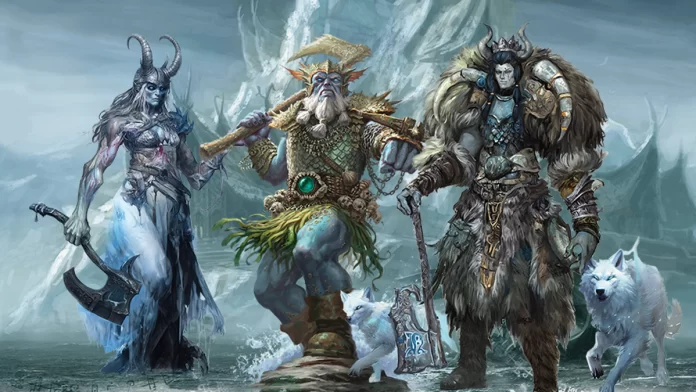
In an attempt to quell the growing concerns over the use of artificial intelligence in creating artwork for Dungeons & Dragons and Magic: The Gathering, Wizards of the Coast has recently published a FAQ outlining their stance and methods for handling allegations of AI-generated art.
Over the last two years, Wizards has been at the center of controversy, facing allegations that AI tools were utilized to produce some of their official artwork. The FAQ released by the company explains their approach to managing such allegations and emphasizes their preference for handling matters internally to protect the privacy of the artists involved.
According to the FAQ, Wizards of the Coast acknowledges that mistakes have been made in detecting AI-generated art but also notes that instances have occurred where public accusations have misidentified legitimate art as AI-generated, leading to false alarms. The company outlines its reliance on both public and private channels to identify potential issues, with a reiterative process that involves direct communication with the artists.
One of the more notable points in the FAQ addresses the lack of transparency in their processes, a decision Wizards defends by stressing the importance of protecting individual artists from public backlash and harassment. This stance, however, has not satisfied some fans who would prefer more openness and accountability, particularly when it involves artists who might have violated the company’s guidelines.
Wizards of the Coast also reveals that they have employed specific handbooks for artists working on Magic: The Gathering and Dungeons & Dragons, which detail the expectations and prohibitions against using generative AI tools in their artwork.
The FAQ coincides with instances where AI-generated art was identified in promotional materials for Magic: The Gathering, highlighting the challenges and complexities of enforcing these guidelines.
The dialogue around AI art in gaming continues to evolve, and Wizards of the Coast’s recent FAQ is just one step in addressing the broader concerns about the role of AI in creative industries. Whether this will appease the community or lead to further discussions remains to be seen.
Source: Tabletop Gaming News

